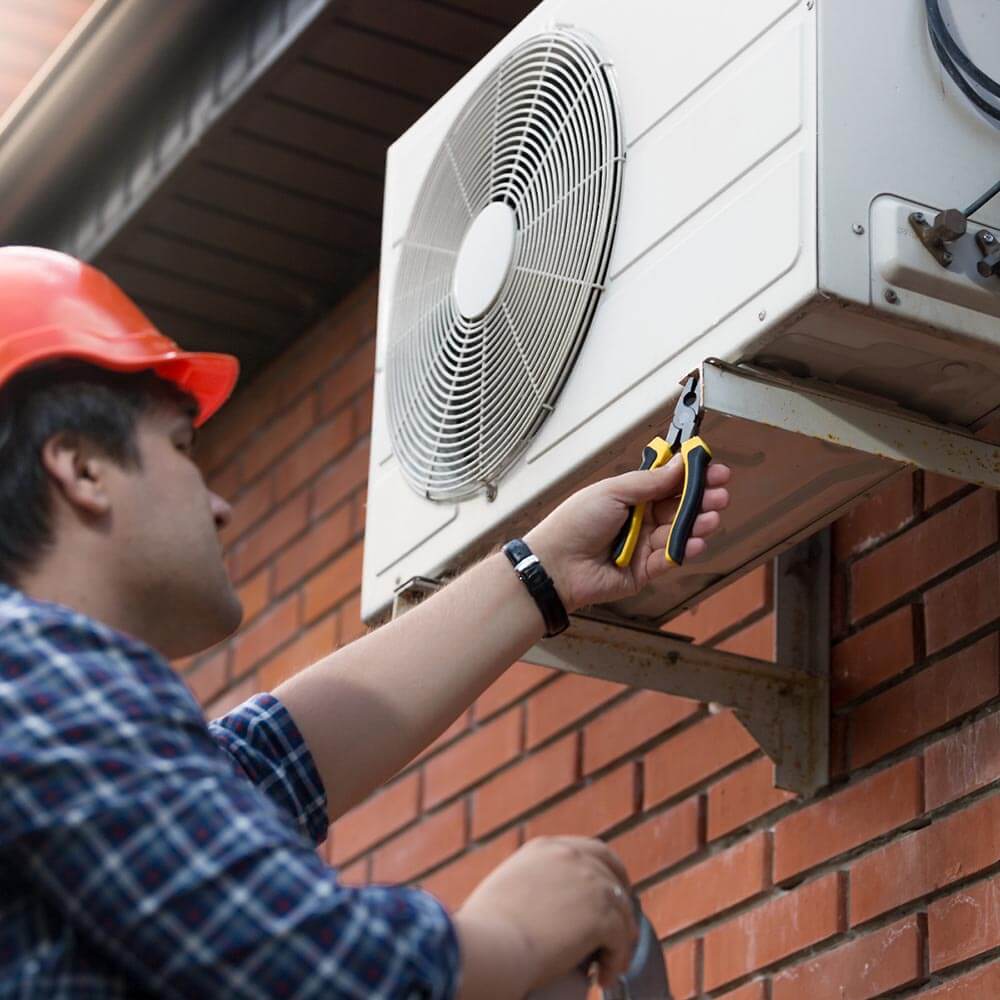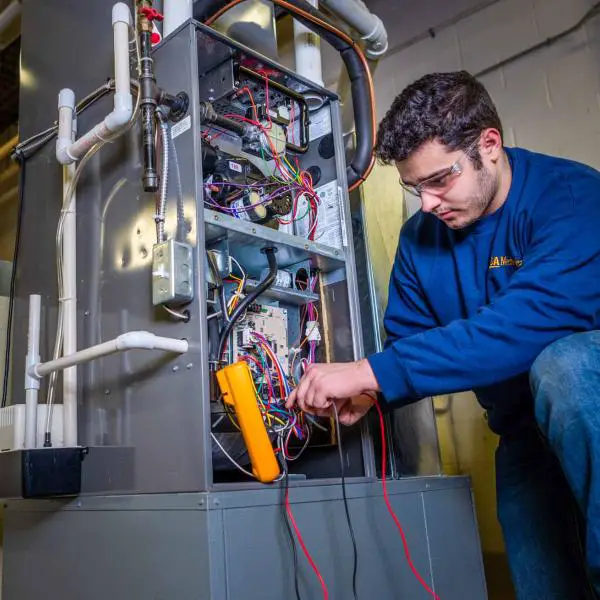Heating, Ventilation, and Air Conditioning, commonly known as HVAC, is essential for comfort. HVAC systems control the temperature and air quality in homes and buildings. Let’s dive into the world of HVAC and understand how it works.
What is HVAC?
HVAC stands for Heating, Ventilation, and Air Conditioning. These systems help regulate indoor climate and air quality. They ensure that you stay comfortable in every season.
Components of HVAC Systems
HVAC systems have three main components: Heating, Ventilation, and Air Conditioning. Each component plays a vital role in maintaining comfort and air quality.
Heating
Heating systems keep you warm during cold weather. They include furnaces, boilers, and heat pumps. These systems use various fuels like gas, oil, or electricity to generate heat.
Ventilation
Ventilation systems bring fresh air into your home. They remove stale air and improve indoor air quality. Ventilation can be natural or mechanical. Natural ventilation uses windows and vents, while mechanical ventilation uses fans and ducts.
Air Conditioning
Air conditioning systems cool your home during hot weather. They remove heat and humidity from the air. Common types of air conditioners include central air conditioners, window units, and portable units.
How HVAC Systems Work
HVAC systems work by controlling the temperature, humidity, and air quality in your home. Let’s explore how each component functions.
Heating Systems
- Furnaces: Furnaces heat air and distribute it through ducts. They can use gas, oil, or electricity as fuel.
- Boilers: Boilers heat water and distribute it through pipes. They can use gas, oil, or electricity as fuel.
- Heat Pumps: Heat pumps transfer heat from one place to another. They can heat or cool your home.
Ventilation Systems
- Natural Ventilation: Natural ventilation uses windows and vents. It allows fresh air to enter and stale air to exit.
- Mechanical Ventilation: Mechanical ventilation uses fans and ducts. It ensures a constant flow of fresh air.
Air Conditioning Systems
- Central Air Conditioners: Central air conditioners cool the entire home. They use a system of ducts to distribute cool air.
- Window Units: Window units cool a single room. They are easy to install and affordable.
- Portable Units: Portable units can be moved from room to room. They are versatile and easy to use.
Importance of HVAC Systems
HVAC systems are crucial for maintaining comfort and health. They offer several benefits, such as:
Temperature Control
HVAC systems keep your home at a comfortable temperature. They provide warmth in winter and coolness in summer.
Improved Air Quality
Ventilation systems bring fresh air into your home. They remove pollutants, allergens, and stale air, improving indoor air quality.
Energy Efficiency
Modern HVAC systems are energy-efficient. They help reduce energy consumption and lower utility bills.
Health Benefits
HVAC systems remove pollutants and allergens from the air. This helps reduce respiratory problems and allergies.
Choosing the Right HVAC System
Choosing the right HVAC system is essential for comfort and efficiency. Consider these factors when selecting an HVAC system:
Size Of Your Home
The size of your home affects the type of HVAC system you need. Larger homes may require central air conditioners and furnaces, while smaller homes can use window units or portable air conditioners.
Climate
The climate in your area influences your HVAC needs. In colder climates, heating systems are more important. In warmer climates, air conditioning systems are essential.
Energy Efficiency
Look for energy-efficient HVAC systems. They help reduce energy consumption and lower utility bills. Check for ENERGY STAR ratings and SEER (Seasonal Energy Efficiency Ratio) ratings.
Budget
Your budget plays a significant role in choosing an HVAC system. Consider the initial cost, installation cost, and maintenance cost. Choose a system that fits your budget and meets your needs.
Professional Installation
Always hire a professional to install your HVAC system. Proper installation ensures optimal performance and efficiency.
Maintaining Your HVAC System
Regular maintenance is crucial for the longevity and efficiency of your HVAC system. Here are some tips to keep your system in top shape:
Change Filters Regularly
Change the filters in your HVAC system regularly. Dirty filters reduce efficiency and can cause damage. Replace filters every 1-3 months, depending on usage.
Clean Vents And Ducts
Keep vents and ducts clean and free of debris. Blocked vents can reduce airflow and efficiency. Clean them at least once a year.
Schedule Regular Inspections
Have a professional inspect your HVAC system regularly. They can identify and fix issues before they become major problems.
Check Thermostat Settings
Ensure your thermostat is set to the correct temperature. Programmable thermostats can help save energy by adjusting the temperature automatically.
Keep The Outdoor Unit Clean
Keep the outdoor unit of your air conditioner clean. Remove debris, leaves, and dirt from around the unit. This helps maintain efficiency and performance.

Credit: en.wikipedia.org

Credit: www.camdencc.edu
Frequently Asked Questions
What Is Hvac?
HVAC stands for Heating, Ventilation, and Air Conditioning. It regulates indoor temperature and air quality.
How Does Hvac Work?
HVAC systems control air flow, temperature, and humidity through heating and cooling processes.
Why Is Hvac Maintenance Important?
Regular maintenance ensures efficiency, reduces energy costs, and extends the system’s lifespan.
What Are Hvac Components?
Key components include the furnace, air conditioner, ducts, vents, and thermostat.
Conclusion
Heating, Ventilation, and Air Conditioning (HVAC) systems are essential for comfort and health. They regulate temperature, humidity, and air quality in your home. Understanding how HVAC systems work and maintaining them properly can ensure a comfortable and healthy living environment.
Remember to choose the right HVAC system for your home, consider energy efficiency, and schedule regular maintenance. By doing so, you can enjoy a comfortable and healthy home all year round.

